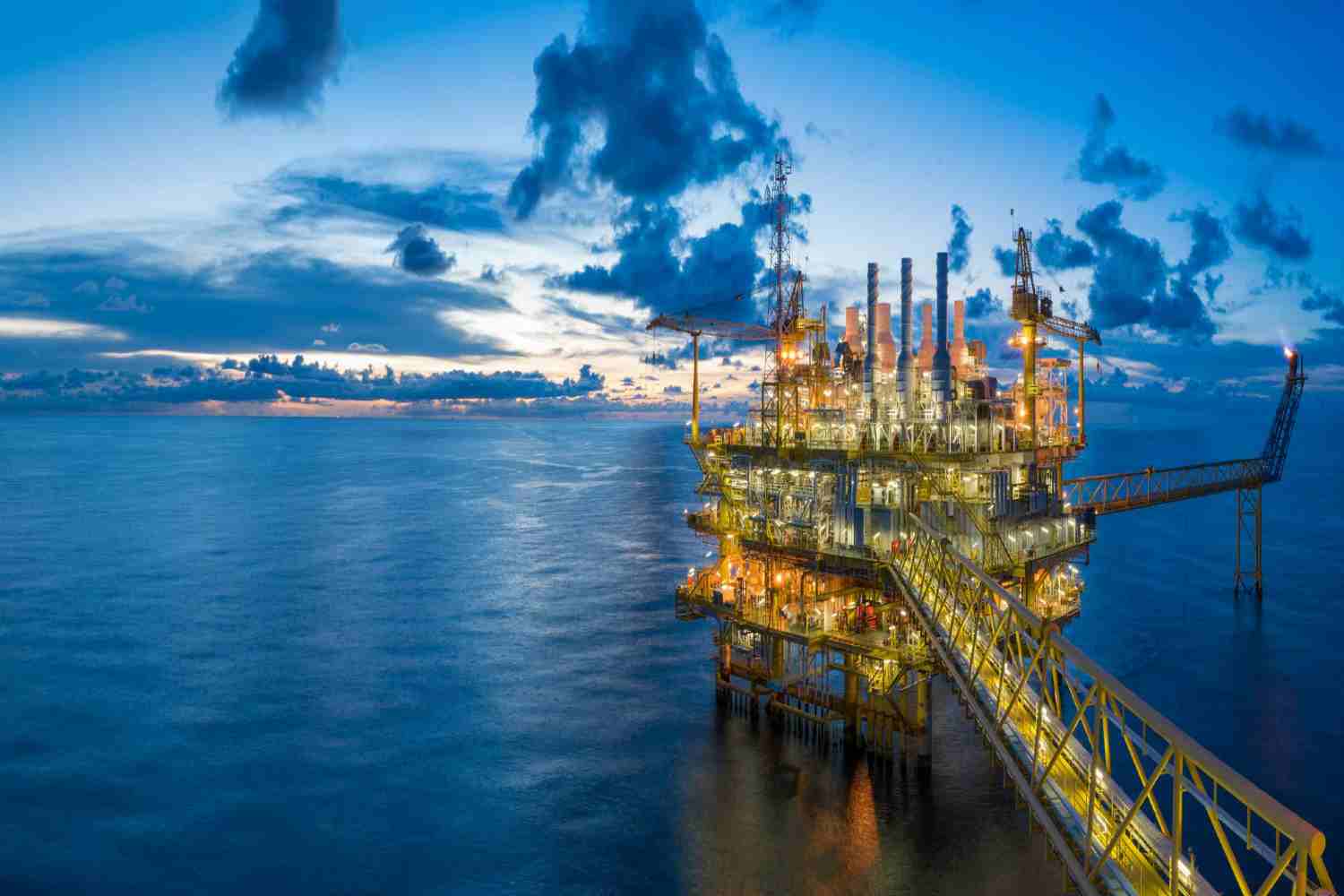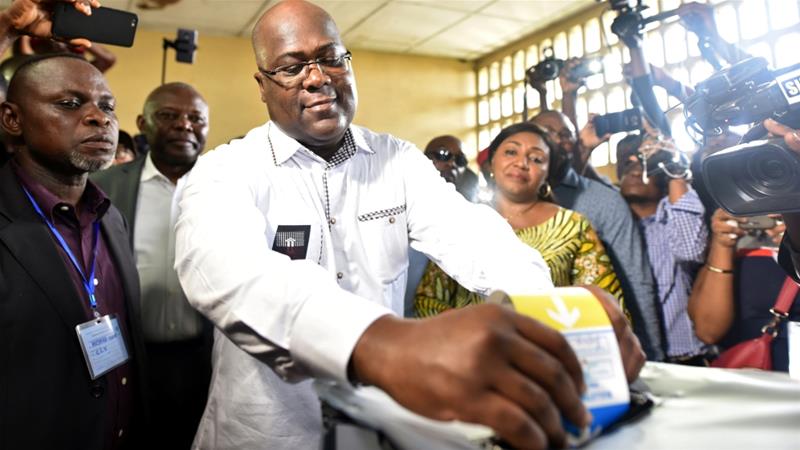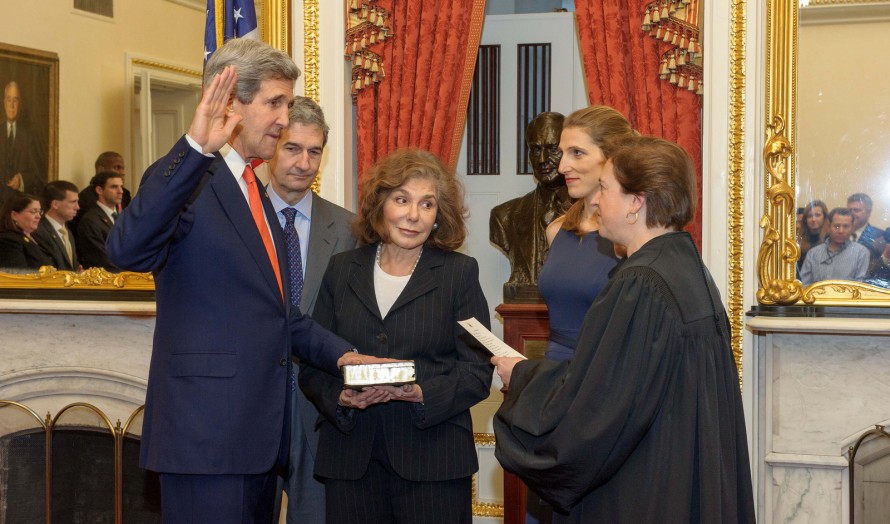Authorities in the Democratic Republic of the Congo’s (DRC) launched in July bids for 30 oil and gas blocks, with thirteen of them crossing through protected areas and national parks, the auction has caused uproar among environmentalists.
The results of the bidding have yet to be announced, but while many of the country’s politicians and citizens look to cash in on the Central African nation’s potentially huge fossil fuel reserves, the auction is also causing uproar among environmentalists. One gas block lies under Lake Kivu, near Goma, while some of the others are located in the Congo Basin, Africa’s largest rainforest. The tropical forest absorbs some 1.5 billion tons of carbon dioxide — about 4% of global emissions — some of which would be released into the atmosphere if the areas are cleared for oil and gas drilling. Despite its wealth of minerals and biodiversity, the DRC is one of the world’s poorest nations and the oil revenue is a tempting prospect.
But environmentalists have warned that the country was heading down the wrong path. US climate envoy John Kerry recently said Washington had asked the DRC to abandon some oil blocks that it put up for auction in sensitive environmental areas. Scientists have sounded several warnings about the DRC’s peatlands, which comprise an area about the size of England. Critics also point to the oil curse and corruption that has left Nigerians and Angolans in poverty despite decades of production. A case in point is DRC’s own oil region of Muanda on the Gulf of Guinea that has seen very little benefit. Greenpeace has also warned that communities of Indigenous peoples will inevitably be impacted if the country’s forests are transformed for drilling.



